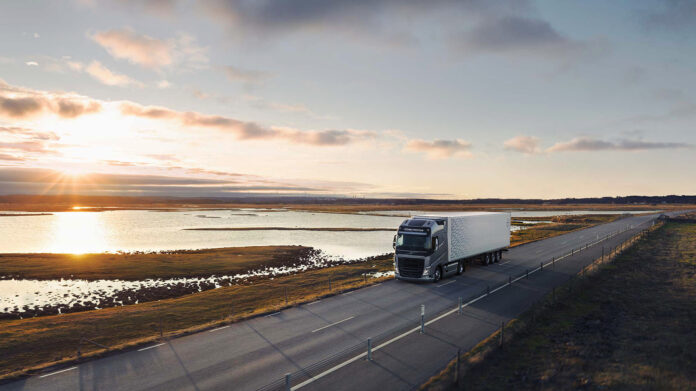A logistics company specialising in the movement of bulky household and commercial goods –from fridges and couches to full home relocations – is preparing to transition part of its freelance courier fleet to electric and hybrid vehicles.
Mister Transport, known in the market as Mr T, connects customers directly with independent drivers and already moves more than 17 000 tonnes of goods every month.
With online furniture purchases, appliance sales and last-mile big-item deliveries increasing sharply across the country, the company argues that environmental performance will soon become a central requirement for competitiveness rather than a branding exercise.
Chief executive Terence Smith said Mister Transport wants to demonstrate that environmental responsibility can coexist with speed, reliability and convenience in the market.
“Sustainability is not a trend for us; it is a responsibility,” Smith said. “We are moving thousands of tons of goods every month, and we recognise the environmental impact that comes with that scale.
“Our vision is to build a logistics network that serves South Africa’s needs today while protecting the environment for tomorrow. Integrating electric vehicles is a critical part of that vision, and we are actively working toward making it a reality.”
Unlike traditional freight operators that own and manage their own fleets, Mister Transport relies on a national network of independent transporters using their own bakkies, vans and trucks. The company says this model places small logistics operators at the centre of its growth strategy – and potentially at the centre of South Africa’s transition to greener road freight.
Chief operating officer Lee-Roy Smith said the objective is to ensure that drivers are not left behind as new technologies reshape the industry.
“Our drivers are small business owners, and we want to support them in making sustainable choices,” he said.
“As EV technology becomes more affordable and charging infrastructure improves, we will be ready to help drivers transition. This is not just about reducing emissions; it is about future-proofing livelihoods and ensuring that our driver network remains competitive in a changing industry.”
The technology architecture enabling the transition was developed by Nihka Technology Group, which designed the platform to support diesel, hybrid and electric vehicles without a software overhaul.
“We built the platform to be vehicle-agnostic,” said Abdul Moosa, chief technology officer at Nihka. “Whether a driver operates a diesel bakkie today or an electric truck tomorrow, the system adapts. That flexibility is essential for a green transition, because it allows us to scale sustainability without disrupting operations.”
Nihka chief executive Yashmita Bhana said reducing emissions requires more than adopting cleaner engines.
“Sustainability is not just about what powers the vehicle; it is about how intelligently we use our resources,” Bhana said.
“Every optimised route, every consolidated delivery, and every reduction in wasted fuel contributes to a greener logistics ecosystem. Technology is the enabler, but the real impact comes from building systems that are efficient by design.”
Mister Transport’s service category sits between furniture removals and parcel couriers – handling goods that are too big for courier vans but too time-sensitive for traditional removals. The company says that consumers increasingly expect large online purchases to be delivered with the same certainty as small parcel couriers.
Petrol and diesel engines still drive most deliveries, but Mister Transport insists that the groundwork for a greener freight ecosystem has already been laid and that the heavy-goods delivery market – long associated with emissions-intensive mobility – could soon become a contributor to a sustainability transition in South Africa.



